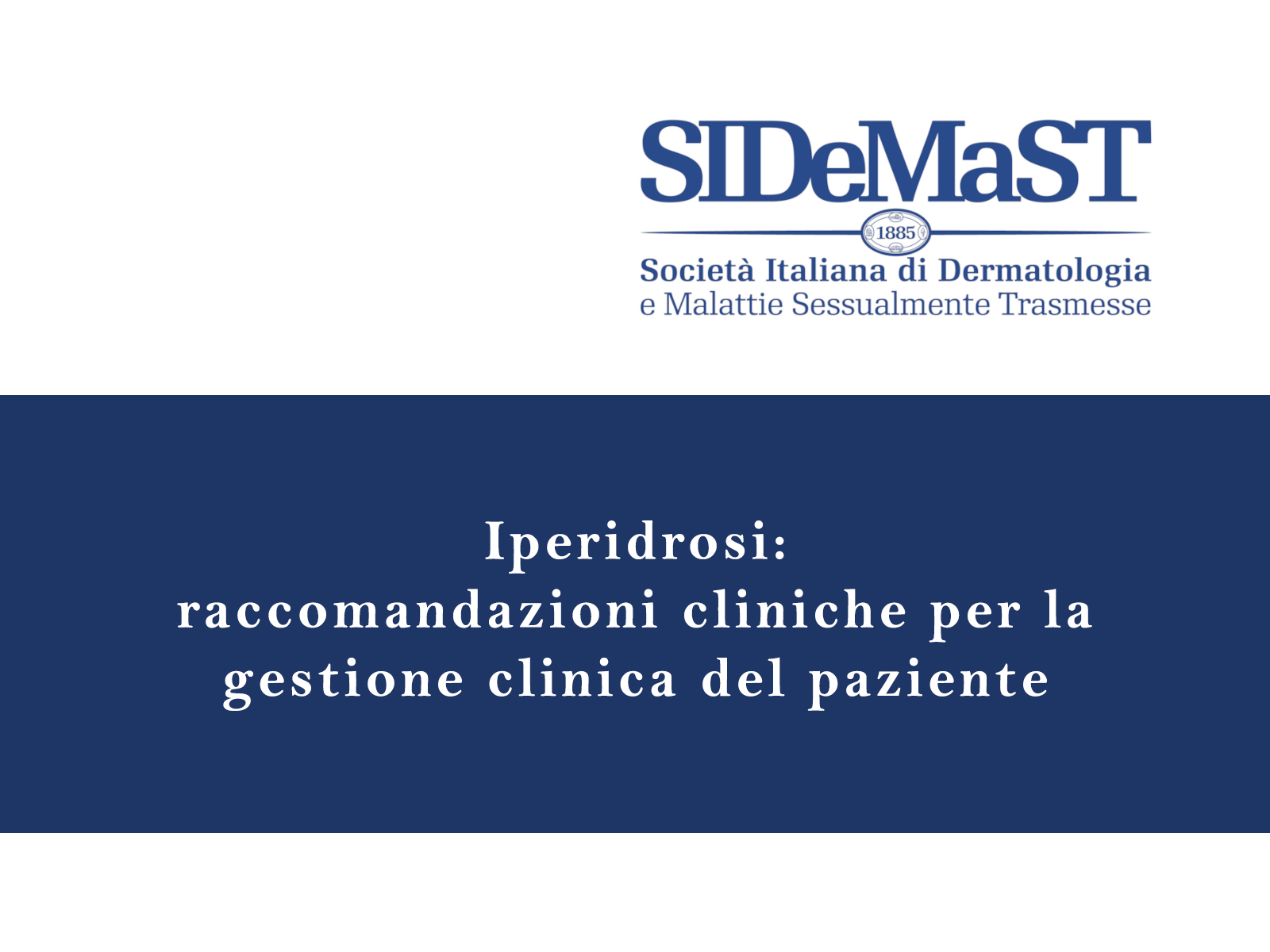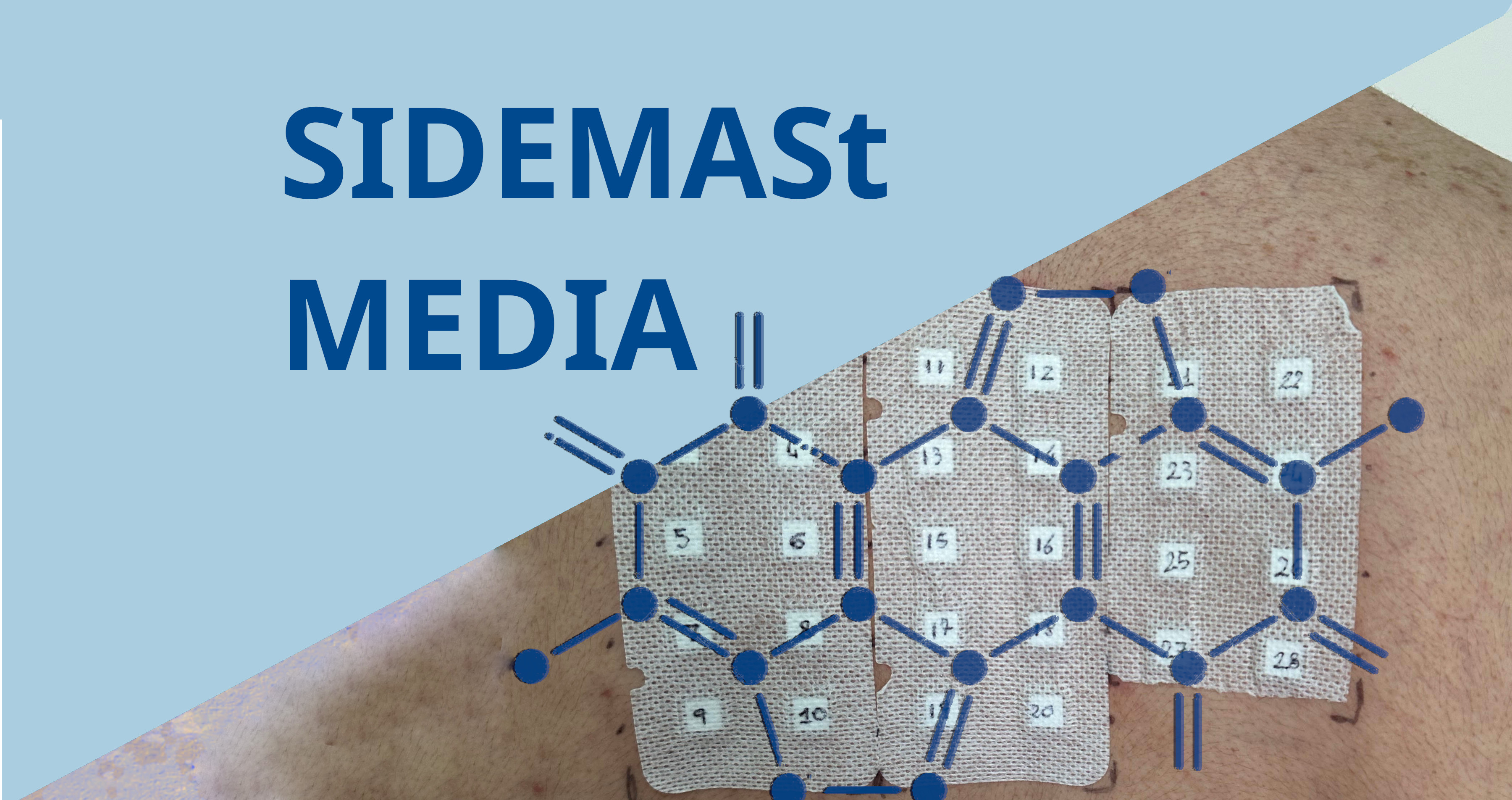Pembrolizumab, currently used as a second-line therapy for metastatic melanoma, shows significantly better outcomes than ipilimumab, the first-line therapy in treatment of the disease, researchers said here on April 19 at the 2015 Annual Meeting of the American Association for Cancer Research (AACR).
"Our results support the use of pembrolizumab in patients with melanoma, regardless of whether they have received prior ipilimumab," said lead author Antoni Ribas, MD, University of California Los Angeles, Jonsson Comprehensive Cancer Center, Los Angeles, California.
Patients treated with pembrolizumab had a reduction in the risk of death of 31% to 37%. There was approximately a 1.8-fold increase in 6-month progression-free survival (PFS) and approximately a 2.8-fold increase in the overall response rate compared with ipilimumab.
In the pivotal study, representing the first clinical trial to compare the 2 drugs head-to-head, an interim analysis at 6 months after treatment showed PFS to be 47.3% for patients treated with pembrolizumab every 2 weeks, 46.4% for pembrolizumab every 3 weeks, and 26.5% for those treated with ipilimumab (P < .001 for both pembrolizumab regimens).
Overall survival in the pembrolizumab group was meanwhile about 87% compared with 75% in the ipilimumab group.
While both drugs are checkpoint inhibitors designed to stimulate immune responses to cancer, pembrolizumab is approved as a second-line therapy for patients whose tumours no longer respond to ipilimumab or BRAF inhibitors. However, in a previous study pembrolizumab showed robust antitumor activity in patients regardless of prior ipilimumab treatment.
For the current multicentre phase 3 study, 834 patients with advanced melanoma enrolled between September 2013 and March 2014 were randomised 1:1:1 to pembrolizumab 10 mg/kg every 2 weeks, pembrolizumab 10 mg/kg every 3 weeks, or 4 doses of ipilimumab 3 mg/kg every 3 weeks.
Among the patients, 66% were treatment-naïve and 79% had tumours that had the PD-L1 protein expression.
Responses were assessed at week 12 and every subsequent 6 weeks according to RECIST v1.1 by central review, as well as per immune-related response criteria by investigator review. The median follow-up duration was 8 months.
The secondary endpoint of overall response rate was 33.7% for pembrolizumab every 2 weeks, 32.9% for pembrolizumab every 3 weeks, and 11.9% for the ipilimumab group.
Outcomes with pembrolizumab were reported to be superior to ipilimumab in all subset analyses of pre-specified groups in the study, including tumours that were PD-1 ligand-positive versus PD-1-negative.
Adverse events were lower in the pembrolizumab arms (12%) compared with the ipilimumab arm (20%).
"These results meet and exceed the baseline assumptions of the benefit of pembrolizumab over ipilimumab. I hope the drug regulatory agencies around the world act fast on approving pembrolizumab for front-line therapy for metastatic melanoma," Dr. Ribas said.
Funding for this study was provided by Merck.










